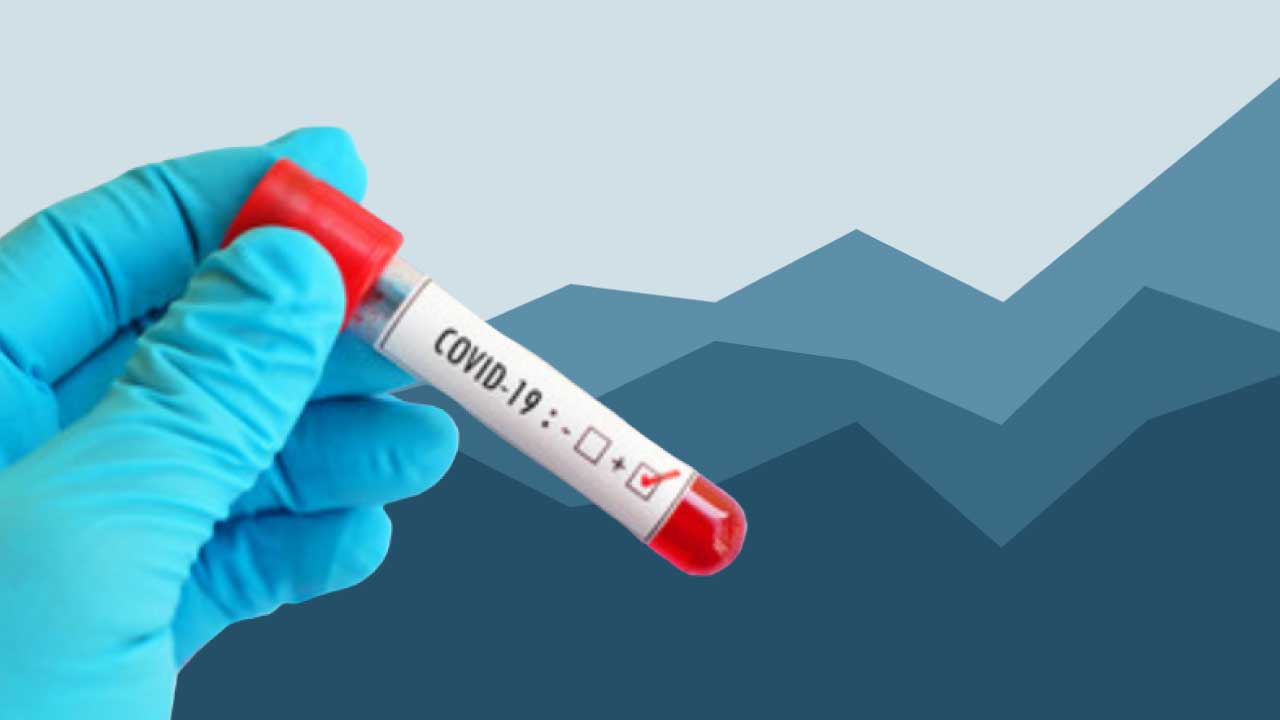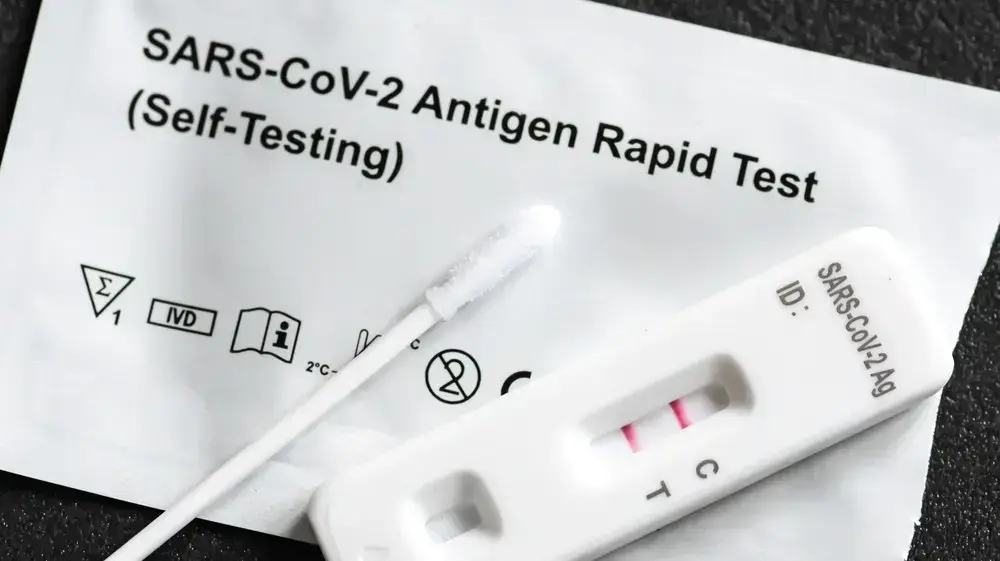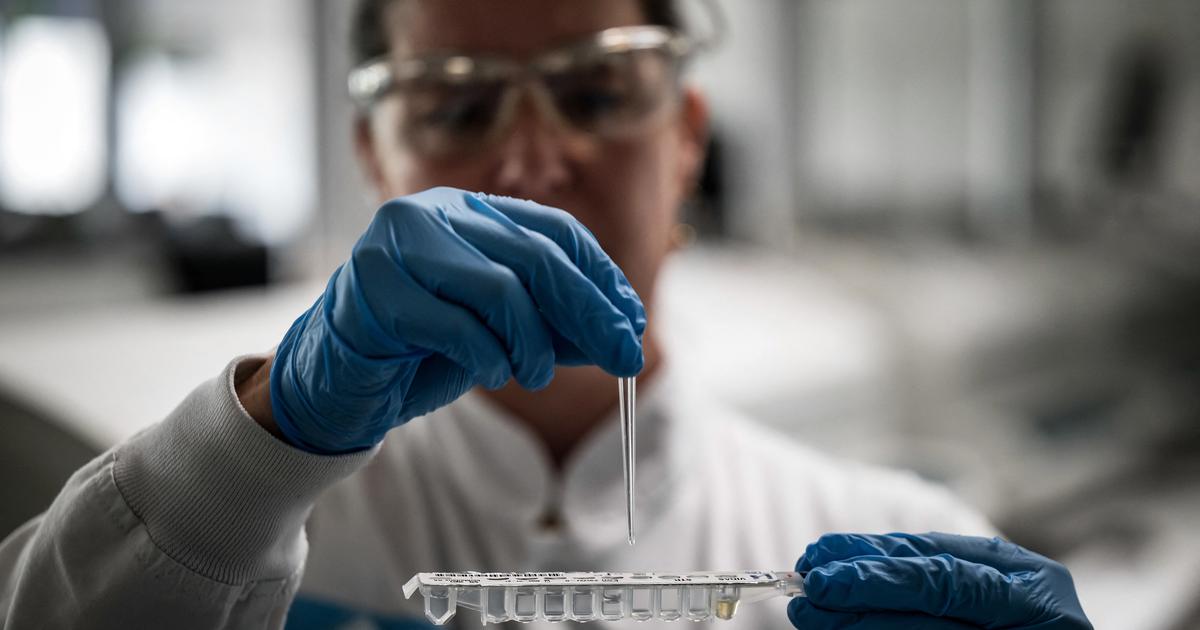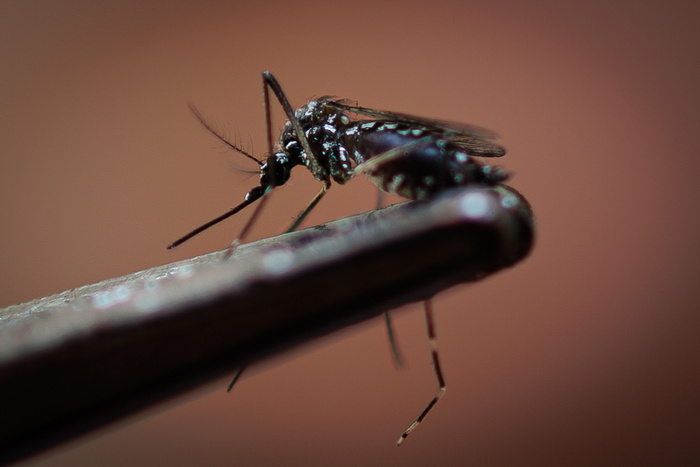While 80% of infected people show little or no symptoms, the current lack of massive screening prevents a clear picture of the spread of the coronavirus. The Minister of Health, Olivier Véran, said that France intended to carry out some 50,000 serological tests per day by the end of April. As for the "rapid tests", which promise results in a few minutes, their real ramp-up (100,000 per day) is not expected until early summer.
1. The molecular test, to track down the virus
Based on the detection of the genetic code of the coronavirus, the molecular test by “PCR” reveals whether a patient is infected with the virus at the time when it is carried out.
The PCR test requires a “nasopharyngeal swab from the upper respiratory tract by swab or lower respiratory tract”, according to official recommendations. Once done, this sample is analyzed in the laboratory. The virus is first made harmless, then the genetic material is extracted, in order to be able to identify possible strands of RNA (ribonucleic acid, genetic material of the virus) belonging to the SARS-CoV-2 virus. , thanks to a polymerase chain reaction. Hence the name, PCR, which in English means Polymerase Chain Reaction.
This classic test, in addition to being costly and quite long to produce, is highly dependent on the quality of the sample. Well done, deep enough in the respiratory system, it allows a reliable diagnosis. But a simple badly performed nasal swab can give a significant rate of “false negatives”.
2. Serological test, to detect immunity
If the PCR test makes it possible to detect the virus at an instant T, the serological test detects, "a posteriori", antibodies produced by an infected person. This method, which requires a blood test, is effective in determining whether the patient has been in contact with the disease, even if he has not developed symptoms.
Serology is a biological method using serum, a constituent of blood plasma, to make medical diagnoses. Technically, serological tests detect different immunoglobulins, which are produced in response to the virus' antigens.
3. Rapid tests: a drop of blood is enough
To allow wide dissemination, new types of serological tests are under consideration. They too must make it possible to detect and differentiate the antibodies produced by the body at the time of infection, but promise simplified use and an accelerated result.
Thus, the Breton company NG Biotech recently presented a rapid test "100% Made in France". This “all-in-one” makes it possible to know whether an individual is immunized or not against the new coronavirus. Just collect a drop of blood with a lancing device and then place the sample on a test strip, as for a pregnancy test. The verdict is known in a few minutes.
CE approved, this serological test will initially be intended for nursing staff. "The objective is to achieve a production capacity of around two million tests per month in the very short term to meet French health needs as a priority," the company announced in a press release.















